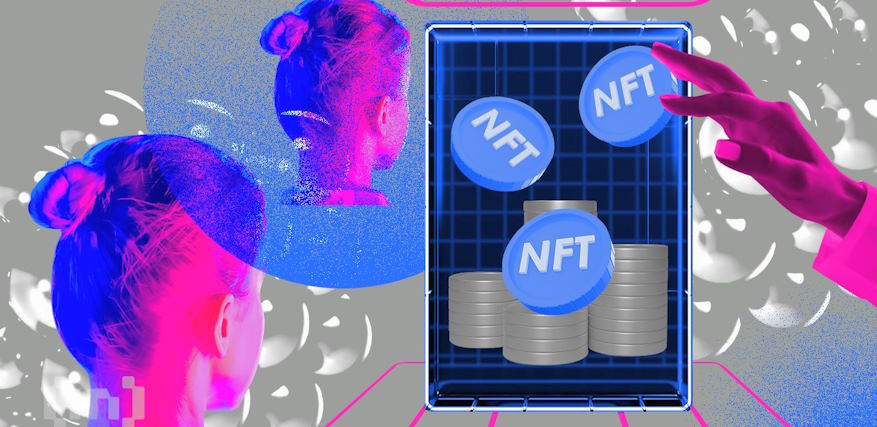
In recent years, NFTs have captivated the global imagination by offering a groundbreaking means of representing ownership and authenticity in the digital domain. With digital art sales reaching staggering sums and cultural conversations centering around the intrinsic value of tokenized assets, it’s clear that NFTs have transcended their technological origins to become a cultural phenomenon. Yet, as the world grapples with pressing social and environmental challenges, an unexpected potential has emerged—the capacity of NFTs to be agents of charitable impact.
The Rise of NFTs and Charitable Causes
The rise of NFTs in the realm of art and collectibles has been nothing short of meteoric. These digital tokens, powered by blockchain technology, have redefined the concept of ownership in the digital age. As collectors and enthusiasts flocked to acquire tokenized versions of digital art and rare digital items, a novel avenue for supporting charitable causes began to emerge. Artwork auctions, where the proceeds are donated to various charities, have gained prominence as a unique fundraising strategy. Notably, celebrated artists have contributed their works as NFTs to these auctions, leveraging their creative endeavors to generate funds for causes close to their hearts.
In addition to artwork auctions, NFTs have also facilitated the creation of unparalleled experiences that serve as charitable tokens. From virtual concerts to exclusive online interactions with celebrities, these one-of-a-kind experiences are tokenized and offered as incentives to donors. This innovative approach has effectively transformed philanthropy into an engaging and immersive venture, attracting a new wave of contributors who seek not only to support causes but also to partake in unforgettable moments.

Advantages of Using NFTs for Charitable Purposes
The advantages of using NFTs for charitable purposes are multifaceted. Beyond the inherent scarcity and uniqueness that NFTs embody, these digital tokens offer a transparent and traceable way to track charitable donations. Blockchain technology ensures that every transaction involving an NFT is recorded immutably, thereby enhancing accountability and transparency within the philanthropic ecosystem. This technology-driven transparency not only fosters trust between donors and charitable organizations but also underscores the authenticity of the cause being supported.
Moreover, NFTs empower both creators and donors to actively participate in social impact efforts. Creators can donate a portion or all of their NFT sales proceeds to charitable organizations, aligning their artistic pursuits with meaningful change. On the other hand, donors receive a tangible and verifiable representation of their contribution in the form of a unique digital token, creating a lasting connection to the cause they champion.

The Role of Celebrities and Influencers
In the realm of charitable NFT initiatives, celebrities and influencers have emerged as powerful advocates and catalysts for change. By leveraging their social capital and reach, these figures have the capacity to amplify charitable causes and drive substantial contributions. Celebrity-endorsed NFTs, whether in the form of unique artworks or personal experiences, hold the potential to attract widespread attention and financial support.
However, this convergence of fame and philanthropy is not without its challenges. Critiques have arisen regarding the authenticity of celebrity involvement, raising questions about whether these endeavors genuinely reflect a commitment to social impact or are simply performative acts for positive public relations. Striking the right balance between leveraging influence for meaningful change and avoiding the pitfalls of insincerity remains an ongoing discourse in the realm of NFT-based charity campaigns.
Transparency and Accountability
In the realm of charitable initiatives, transparency and accountability are paramount. NFTs, underpinned by blockchain technology, offer a compelling solution to address these concerns. The immutability and tamper-proof nature of blockchain transactions ensure that every donation, sale, and transfer of an NFT is verifiable and traceable. This level of transparency not only enhances the credibility of charitable projects but also instills confidence in donors that their contributions are being utilized as intended.
Several successful case studies underscore the transformative potential of transparent NFT-based charity projects. These projects range from funding medical research to addressing educational inequalities, demonstrating the diversity of causes that NFTs can champion. By fostering a culture of transparency and accountability, the NFT community is carving out a distinct niche within the philanthropic landscape.

